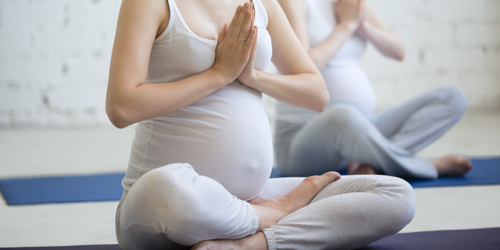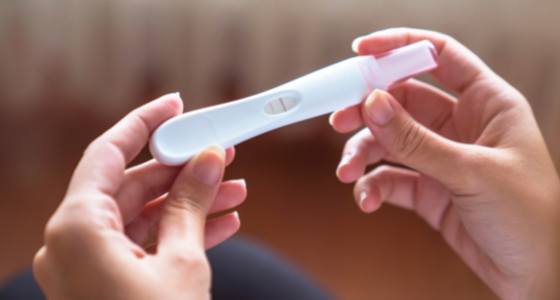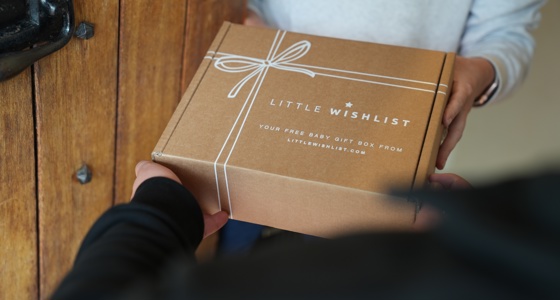First-time Pregnancy Tips And Advice For New Expectant Mums
During your first-time pregnancy, it’s normal for expectant mums to experience a whole load of emotions. Mums-to-be will feel excited, happy, worried and nervous all at once. For mothers experiencing their first-time pregnancy, there is an overwhelming level of prenatal information to take in. New parents have lots to learn, decisions to make and a baby wish list of equipment to buy to prepare for their first newborn.
Here are some pregnancy tips and advice for first-time expectant mums-to-be.
Make contact with your GP in early pregnancy
When you find out you’re pregnant for the first time, you’ll probably have many questions. The first thing to do is contact your GP after a positive pregnancy test. During the first trimester of pregnancy, you can calculate your estimated due date and begin your journey with midwifery services. The doctor can refer you to your midwife to set a date for your ‘booking in’ appointment. At this first meeting, you can ask any questions you may have and receive a date for your 12-week scan.
Physical health during pregnancy
As an expectant mum-to-be, taking care of your health is important. If it’s your first pregnancy, you’ll receive a lot of opinions from friends, family and other parents. You’ll typically be told to rest, ‘eat for two’, and list foods to avoid during pregnancy. The best advice is to eat a balanced diet and stay active during pregnancy.
Eat fresh foods, drink water, and limit caffeine. Medical professionals recommend pregnant women avoid drinking alcohol, smoking, and taking drugs. In terms of activity, continue with the regular exercise you’re used to. Ideally, you want to stay active to reduce excess weight gain, build muscle strength for labour, and aid your recovery after delivery. The stronger you are going into labour, the less chance of complications during and after the birth. To support a baby’s development and prevent birth defects, such as spina bifida, expectant mums should take prenatal vitamins such as folic acid that can aid a baby’s development.
Maternal mental health
Pregnancy brings physical changes and can challenge an expectant mum’s mental health. Post-natal depression doesn’t always happen after birth; PND can begin as early as pregnancy. To help manage stress and anxiety, practise relaxation techniques, do light exercise, or enjoy your hobbies. Remember to speak to a professional if you feel overwhelmed, anxious, or down, and lean on supportive and positive people around you.

Changes during pregnancy and after birth
Before the arrival of your first baby, take the time to educate yourself on what to expect as a new parent. Read books, attend antenatal classes, and learn about the changes your body will go through during pregnancy. A lot of caring for your newborn baby will come naturally, but understanding a baby’s typical needs can help you make informed decisions and ease any anxieties you may have.
A new mum doesn’t always anticipate how family changes other aspects of life. Having a baby affects socialising, career ambitions, self-confidence and relationships. New parents have to adjust to a new way of doing things after the arrival of a baby. Connect with other first-time mums in support groups, antenatal classes, or online communities to share thoughts or worries.
Understand your birthing options
Depending on the risk of your pregnancy, you will have a few options for delivering your baby. Mums-to-be can typically deliver their baby at a midwife-led birthing centre, labour ward, under consultant care, or at home. To prepare for delivery, visit the birth centre or hospital, or speak to your midwife about home birth. Either way, it’s worth preparing a hospital bag to organise essentials for a new baby and mum easily.
Regarding pain management during labour, there is no right or wrong. Your midwife will ask you to create a birth plan where you can write your hopes regarding medical intervention. It’s worth remembering, however, that no two births are the same and that things can escalate quickly during childbirth. A birth plan helps to plan your ideal delivery, even if it changes…
Get started on preparing for your first baby. Create your free newborn baby wishlist today.






